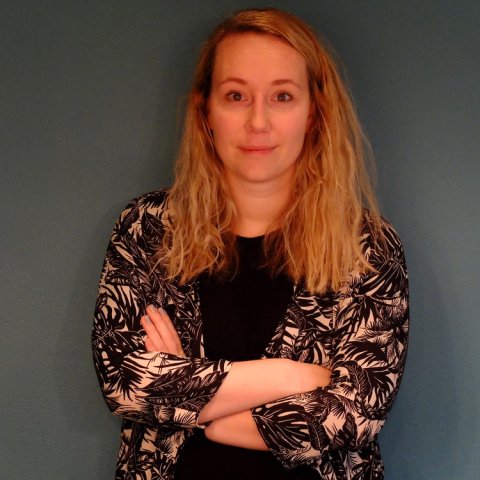Here below you can find all master courses the University Centre offers. All courses are taught in 1-3 week modules running from August through June. See how the courses are organised in the teaching schedule for both programs. Usually 2-3 courses are taught at the same time, but students may only enroll in one course at a time.
The master courses are available to you whether you plan to pursue a degree or just take a course or courses. Please review the options for guest studies to determine how you can apply.
For further information, contact the Administrative Director of Education and Teaching.
Public Policy Making - From Idea to Realization
- Autumn 2023
- Next course: 02. October - 13. October 2023
- CRD Core Course | 4 ECTS
- Course:CRD1004
- Instructor: Dr. Jóhanna Gísladóttir
About the course
The aim of the course is to provide students with both theoretical and practical insights on the public policy process with an emphasis on coastal communities. We will spend time on how issues get on the agenda or disappear from it, the role of different actors in the process and how problem definition affects the public policy proces. Students will get training in analysing different policy options, as well as gain insights into implementation and accountability challenges.
I prefer teaching in an interactive setting, so I put an emphasis on discussing the material with my students. In addition to reading academic text, doing assignments and taking part in the lectures, students will go on a field trip.
Instructor
Jóhanna is the environmental manager from the Agricultural University of Iceland and holds a joint PhD in Environment and Natural Resources from the University of Iceland, and Physical Geography from the University of Stockholm.

Learning outcome
The course gives students an insight into the process of how an idea or a need for public intervention could turn into policy in practice. The policy-making process is studied with a focus on agenda-setting theories, i.e. how an issue gets onto the government agenda and what explains that sometimes an issue becomes realized but sometimes not. It also covers different aspects of the public policy process; problem definition, agenda setting, policy formulation, implementation and accountability. Competing views and interests are considered regarding efficiency, equity, individual freedom, and social cohesion when defining public policy objectives. Students gain insight into the methods the government employs to reach its goals by covering the various tools of government.
The teaching is conducted through lectures, interactive sessions and a field trip. The real-life examples that are discussed in relation to the policy-making process are centered on regional and local development with special attention to the challenges of coastal communities.
On completion of the course, a student:
- has the ability to relate regional and rural policy to a global perspective.
- can identify the main theories in the field of public policy, describe the various stages of the public policy-making process and explain how it operates.
- can identify and describe the main competing views and interests within the various sectors in society in which public policy play a role.
- can identify and define the main policy actors in the policy-making process
- can compare different characteristics of the various tools of government and contrast them while evaluating their impact on the economy and social behavior.
- has the ability to present and explain findings from the scientific literature and policy documents and discuss them with peers.
- has developed their critical thinking, written and verbal communication skills.